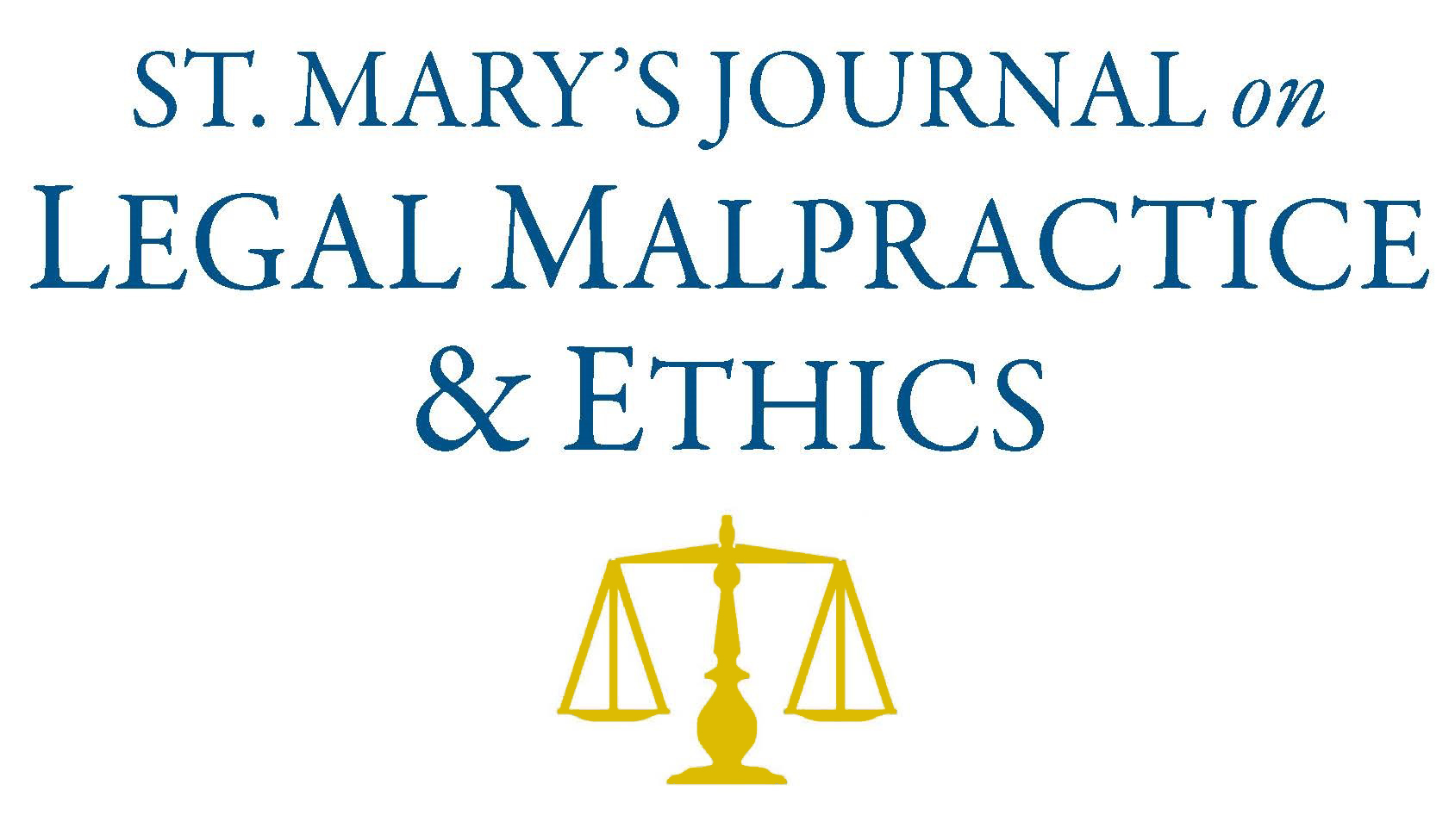
First Page
262
Date Created
11-10-2023
Publisher
St. Mary's University School of Law
Editor
Julia M. Tillman
Last Page
282
Abstract
Judges are bound by the Model Code of Judicial Conduct promulgated by the American Bar Association and adopted most states, including the federal judiciary. Within these rules governing judicial conduct, Judges owe duties to the public and to their calling, to be (and appear to be) objective, fair, judicious, and independent. When judges venture into the realm of extrajudicial writing—in the form of fiction novels, short stories, legal books, children’s books, and the like—they must consider the ethical bounds of that expression. The Model Code of Judicial Conduct imposes five main constraints upon extrajudicial writings: (a) a judge may not comment on any case he or she handled which is not yet final; (b) a judge must “act at all times in a manner that promotes public confidence in the integrity and impartiality of the judiciary,” which is consistent with the corollary requirement; (c) that none of a judge’s activities, on and off the bench, “cast reasonable doubt on the judge’s capacity to act impartially;” or (d) “demean the judicial office;” and finally, (e) that political activities and commentary must relate to improvement of the law, the legal system or the administration of justice. This Article seeks to review each Canon of the Model Code of Judicial Conduct to explore the parameters of acceptable judicial publishing outside the confines of a judge’s official job duties. Ultimately, this Article concludes that judges are generally free to engage in most forms of published self-expression, so long as the judge abstains from writing on their own actual cases, and issues that have come before them or are likely to come before them.
Recommended Citation
Nick Badgerow, Michael Hoeflich & Sarah Schmitz,
To Write or Not To Write: The Ethics of Judicial Writings and Publishing,
13
St. Mary's J. on Legal Malpractice & Ethics
262
(2023).
Available at:
https://commons.stmarytx.edu/lmej/vol13/iss2/2
Included in
Judges Commons, Law and Society Commons, Legal Ethics and Professional Responsibility Commons, Legal Profession Commons, Legal Writing and Research Commons, State and Local Government Law Commons

